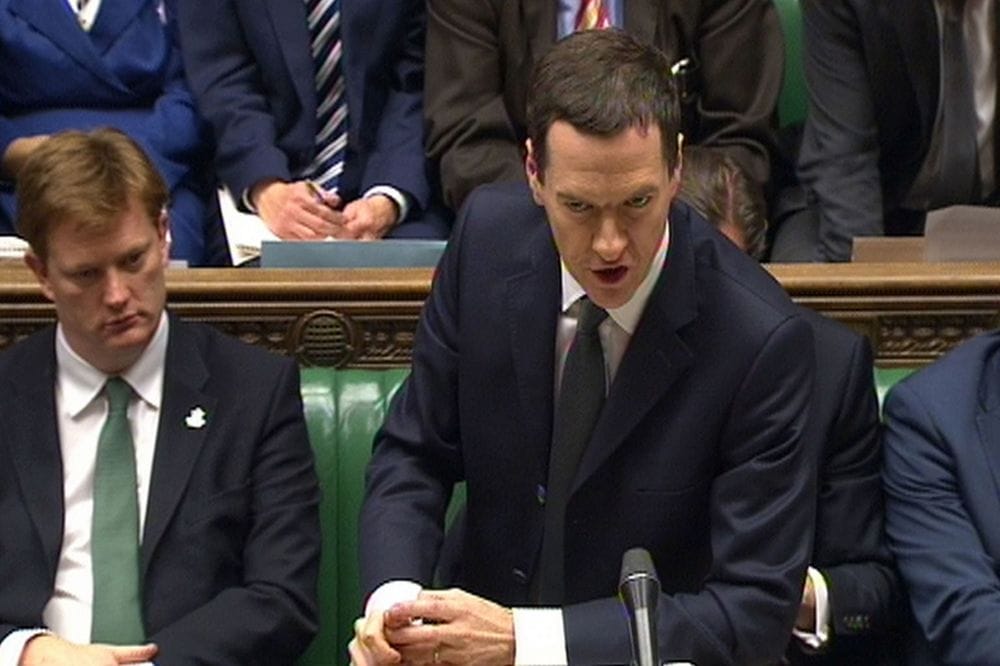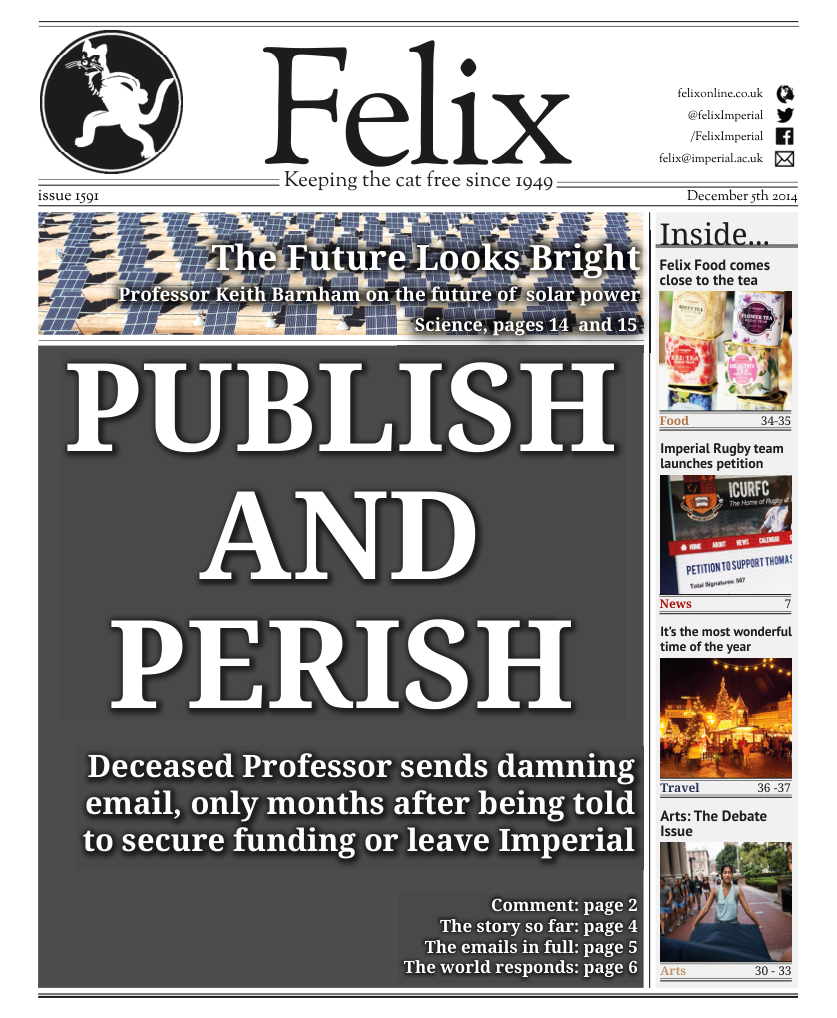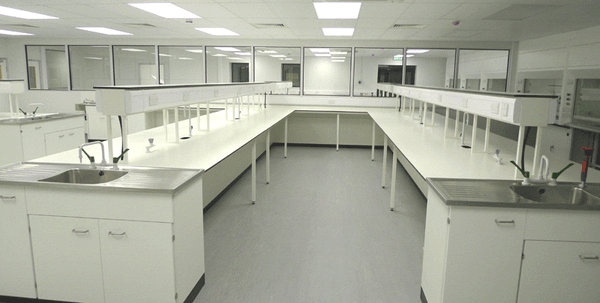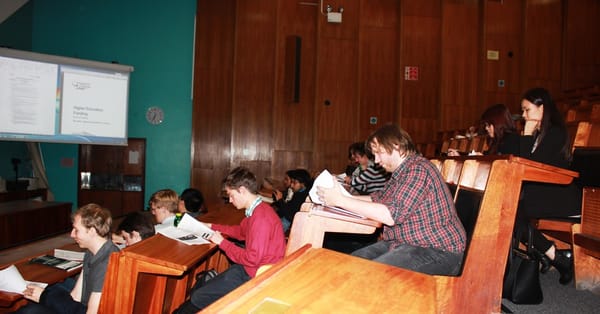Postgraduate Loan System announced
Students can now get funding for taught and research masters courses

A student loan system has finally been introduced for postgraduate study. The decision, announced in the Chancellor’s Autumn statement, is said to “revolutionise’ access to postgraduate university courses.
The government-backed loans will be introduced for the 2016 to 2017 academic year, ready for students who started university undergraduate courses after 2013. It is expected that the funding will allow an extra 10,000 students to pursue a master’s degree, although the loan is only available to students under the age of 30.
The total cost for the loan over the first four years for all students is £1.5 billion, and the loan will have an interest rate, repayable at 9% of earnings above £21,000. The loans will be available across all subject types, not just for science, technology, engineering and medicine degrees as has been previously suggested in government.
The treasury has cited an increased demand for high-skilled labour and an increase in social mobility as reasons for the introduction of the loan, but also expect that those who take out the loan will be making enough money after completing the degree to pay it back.
“The loans are designed so that, on average, individuals will repay in full, in recognition of the high private return to individuals, but they will beat commercial rates. The government will consult on the detail and will confirm the delivery plan,” the Treasury says.
Mr Osborne said in statement in the House of Commons: “A year ago, I abolished the arbitrary cap on the total number of undergraduates at our universities. Today, I am going to revolutionise the support for our postgraduate students too. Until now there has been almost no financial support available, and the upfront costs of postgraduate degrees deter bright students from poorer backgrounds.
“So today, across all disciplines, we will make government-backed student loans of up to £10,000 available, for the first time ever, to all young people undertaking postgrad master’s degrees.”
However, there may be a downside to the loans.
The Institute for Fiscal Studies has assessed that the loans may result people losing 50% upwards of their salary to cover total repayments when also considering income tax, national insurance costs and undergraduate repayments too.
The loans have been designed to ensure that, on average, they will be paid back in full alongside undergraduate loan repayments, compared to the undergraduate loan which only one in two students will pay back in full.
Previously, costs for postgraduate courses have had to be covered by Career Development Loans, savings or scholarships.
CDLs only allow you to borrow up to £10,000 so often cannot cover both the living costs and the tuition costs for postgraduate study and have to be paid back regardless of employment status after graduation, making them a high-risk payment option.










